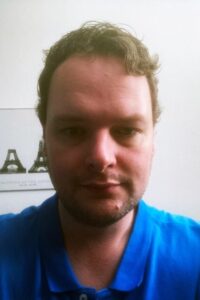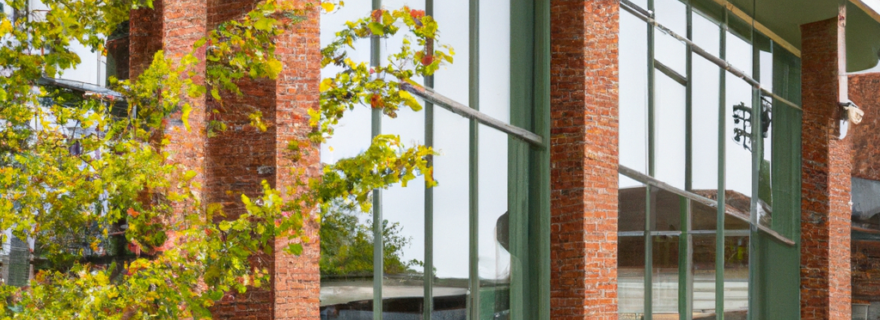Inclusion at Leiden University
Stefan de Jong, a video services application manager at Leiden University, discusses his experiences with autism, including academic challenges and workplace struggles, stressing the significance of inclusive practices.

Who am I?
My name is Stefan de Jong, I work as an application manager for video services (such as Kaltura and Zoom).
In my spare time I mainly occupy myself with playing classical piano on a reasonable level (especially Liszt but also Chopin, Beethoven and other composers), composing electronic music which I sometimes accompany with singing and billiards (pool and snooker).
Personally, I fall in the autism spectrum but also have interfaces with other neurodiverse indications.
How did autism effect my life?
In my youth I was bullied because I was different from the rest of the kids. This resulted in symptoms of depression and worse as well as a lower school level than I was capable of handling.
In my college years, I struggled to give myself a place in the world and to understand how best to position myself resulting in study delays.
At work I also had trouble finding my place and not being distracted. Only after I became more aware of my autism and dared to express it could I better find my place and dared to ask for adjustments in the workplace and things were getting better.
What does inclusion mean to me?
For me inclusion means that everyone has the same chances in life despite our individual differences. This means we (the people who differ) need to be able to learn how to deal with the others and vice versa and that for this to happen we need to be able to ask for workplace adjustments (including communication methods) without fear of repercussions.
This can be in form of physical workplace adjustments, different ways people approach us, some help or coaching in certain topics etc. and in the end, this will help us all to become the best version we can be and that is in the employer’s benefit.
How do you see inclusion being implemented at our university?
There are various platforms and expertise offices available to both student, faculty, and staff. Be it the D&I Expertise Office, Fenestra, Healthy University, Access and Support Platform or my own Neurodiversity Platform.
All these various organizations aim to improve inclusion for all at the university, but we need your help! We need your input on what you think can be improved but also if you feel you need to talk to us, do so freely, we’re here for you so we can be here for us.
What would make me feel more included?
If the university would treat us as individuals. Obviously, some things are extremely difficult to treat individually but things like your workplace (fixed desk if required, individual adjustments), workdays, work location (at home or at the office), work hours and how you would like to join meetings can be individualized (depending on what type of job you have).


0 Comments